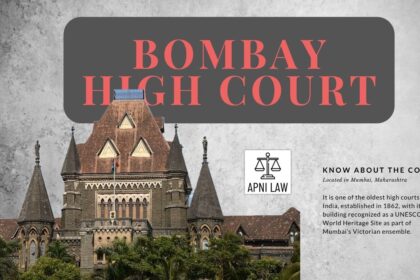Code
Section 150 – Concealing With Intent To Facilitate Design To Wage War
Whoever by any act, or by any illegal omission, conceals the existence of a
design to wage war against the Government of India, intending by such concealment to
facilitate, or knowing it to be likely that such concealment will facilitate, the waging of such
war, shall be punished with imprisonment of either description for a term which may extend to
ten years, and shall also be liable to fine.
Explanation
What Does Section 150 BNS Cover?
Section 150 of the Bharatiya Nyaya Sanhita (BNS), 2023, criminalizes concealing information related to any plan to wage war against India. A person is guilty if:
-
They know about a conspiracy or plan to wage war against India.
-
They intentionally hide this information from authorities.
-
They intend to assist or facilitate the war through this concealment.
-
They are aware that their concealment might help in waging war.
Key Elements of Section 150 BNS
-
Knowledge of a War Plan – The accused must be aware of an existing conspiracy or preparation to wage war.
-
Concealment – Any act (e.g., hiding evidence) or omission (e.g., failing to report to authorities).
-
Intent to Facilitate War – The concealment must be done intentionally to help or knowing it may help the war effort.
-
Punishment – Strict penalties, including life imprisonment.
Punishment Under Section 150 BNS
-
Life Imprisonment, OR
-
Imprisonment up to 10 years, AND
-
Fine
Illustration
-
Example 1: Not Reporting a Terrorist Camp
A person learns that a group is secretly training militants to attack government institutions. Instead of informing authorities, they keep silent to protect the group. This concealment is punishable under Section 150 BNS. -
Example 2: Hiding Weapons or Resources
A shopkeeper is asked by militants to store guns and ammunition. Even though they are aware of the group’s war plans, they agree to keep the weapons hidden. This facilitates the design to wage war and is punishable under Section 150. -
Example 3: Destroying Evidence of War Plans
A hacker is hired by an insurgent group to delete files and messages related to a planned attack against India. By actively hiding the existence of war-related information, they are guilty under Section 150.
Common Questions and Answers on Section 150 BNS
1. What is the punishment under Section 150 BNS?
The punishment includes life imprisonment or imprisonment up to 10 years, along with a fine.
2. Does Section 150 apply even if war is not waged?
Yes, even if war is not actually waged, the mere act of concealing a war plan is punishable under this section.
3. How is Section 150 different from Section 149 BNS?
-
Section 149 BNS punishes actively collecting arms and preparing for war.
-
Section 150 BNS punishes those who know about such plans but conceal them instead of reporting.
4. What if someone is forced to conceal information under threat?
If a person is forced under extreme duress, they may claim it as a defense. However, they must report to authorities as soon as possible.
5. What other laws relate to Section 150 BNS?
-
Section 147 BNS – Waging or attempting to wage war.
-
Section 148 BNS – Conspiring to commit war crimes.
-
Section 149 BNS – Preparing to wage war.
-
Unlawful Activities (Prevention) Act (UAPA) – Covers terrorist activities and funding for war-like operations.
Conclusion
Section 150 BNS prevents war-related crimes before they occur by punishing those who conceal war plans instead of reporting them. It is a strict legal provision aimed at maintaining national security.
For more legal insights, visit ApniLaw today! 🚀








